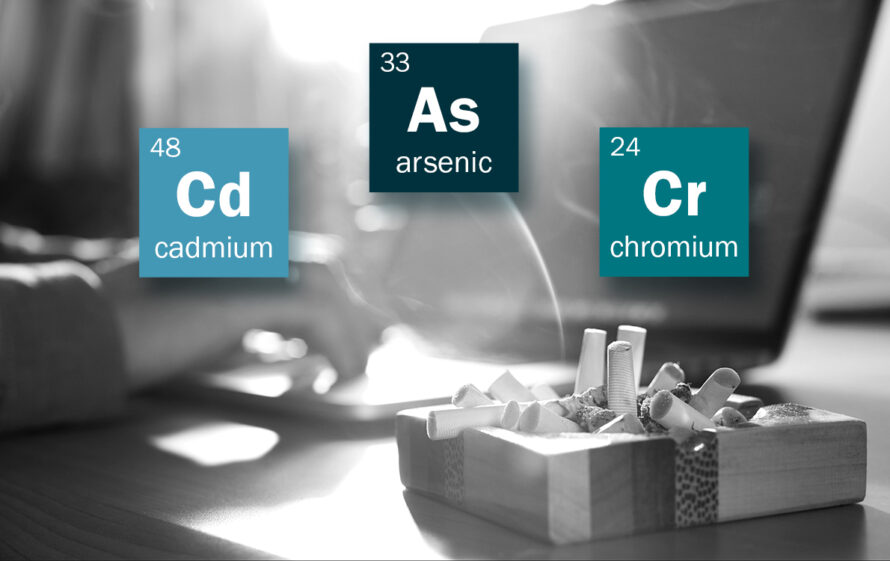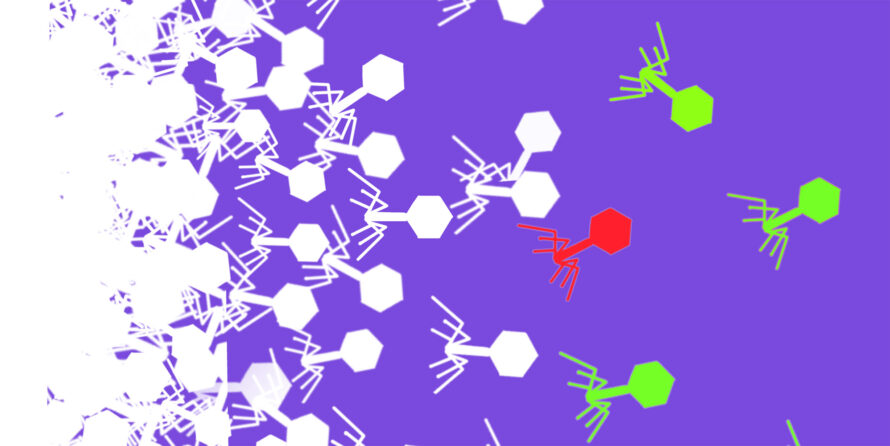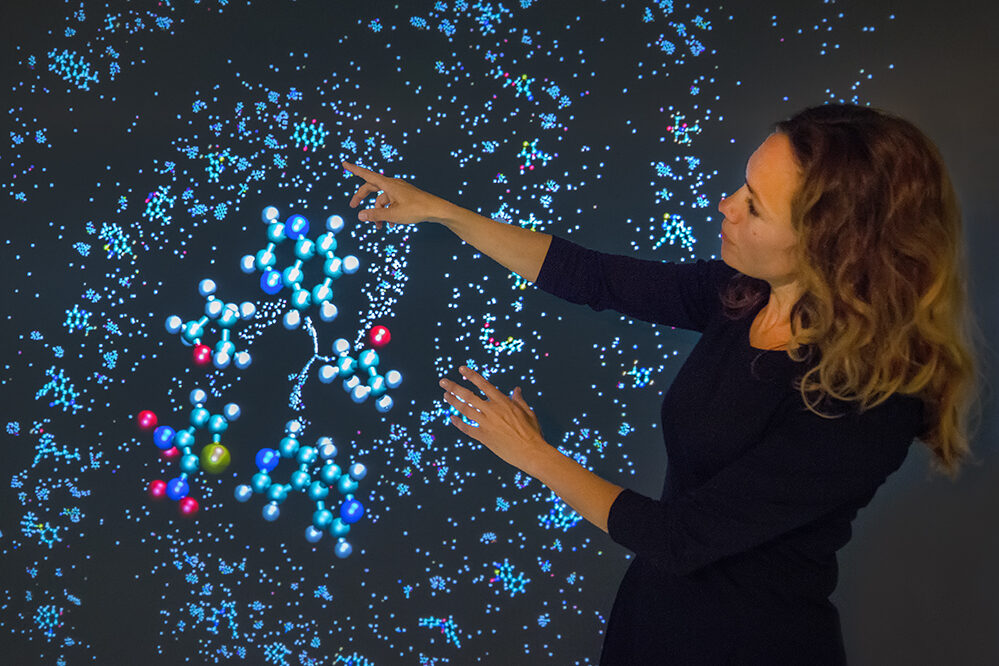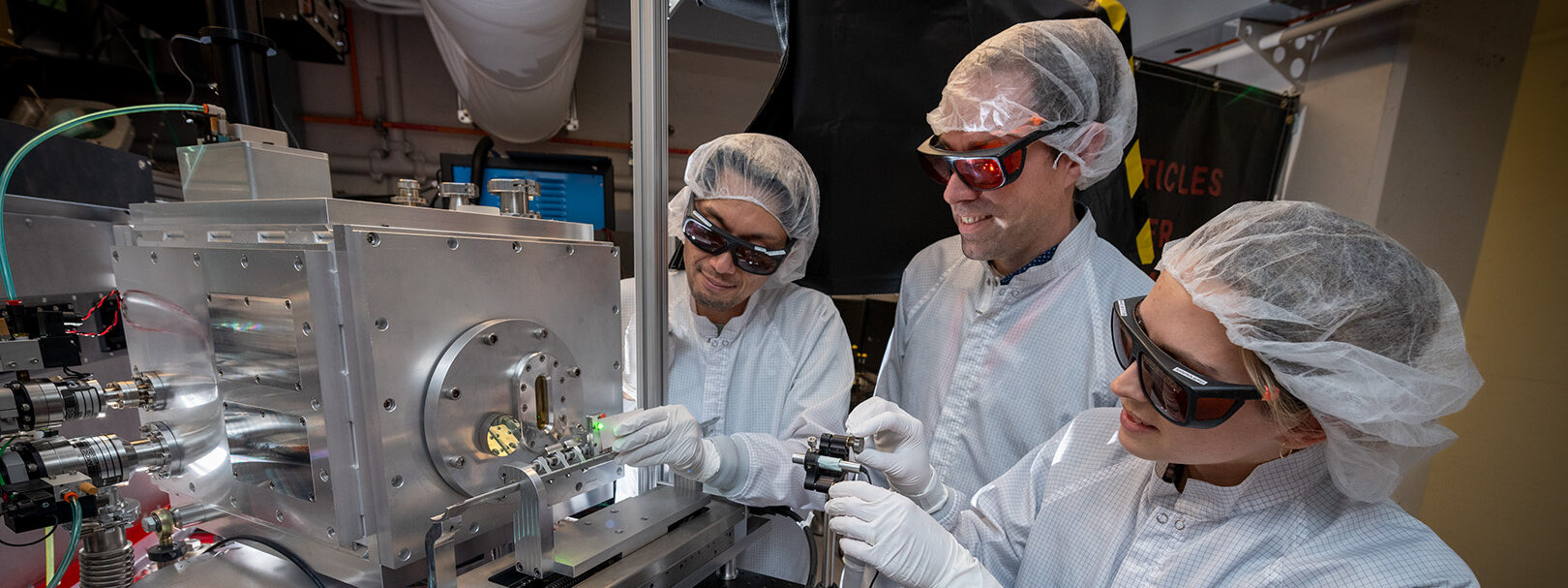Berkeley Lab is tackling big questions about human health using its genomics, cancer biology, imaging, and structural biology expertise along with unique equipment and facilities. As a national laboratory, we conduct fundamental science research to build the foundation of knowledge for progress in treating diseases and improving quality of life.
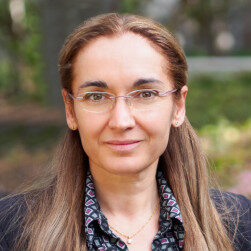
Structural biology and imaging
Using cryo-electron microscopy, X-ray crystallography, and X-ray tomography to reveal insights into biological structures such as enzymes, antibodies, and therapeutic targets.
DNA repair
Investigating the cellular mechanisms responsible for repairing breaks and defects in DNA strands — processes that, when disrupted, can cause cancer and other diseases.
Genomics
Built on our contributions to the Human Genome Project, our ongoing genomics work seeks to understand how gene coding and noncoding regulatory DNA regions give rise to cellular functions.
Thirdhand smoke
Research into the health effects that chemicals from tobacco products have on those exposed to contaminated surfaces and objects.
Cancer research
Using human cells and animal models to study the genetic, epigenetic, cellular, and environmental factors that contribute to cancer.
Neurodegenerative disease research
Combining cell and tissue imaging and neuroscience to improve our understanding of the anatomical, biochemical, and neurochemical underpinnings of neurodegenerative diseases.
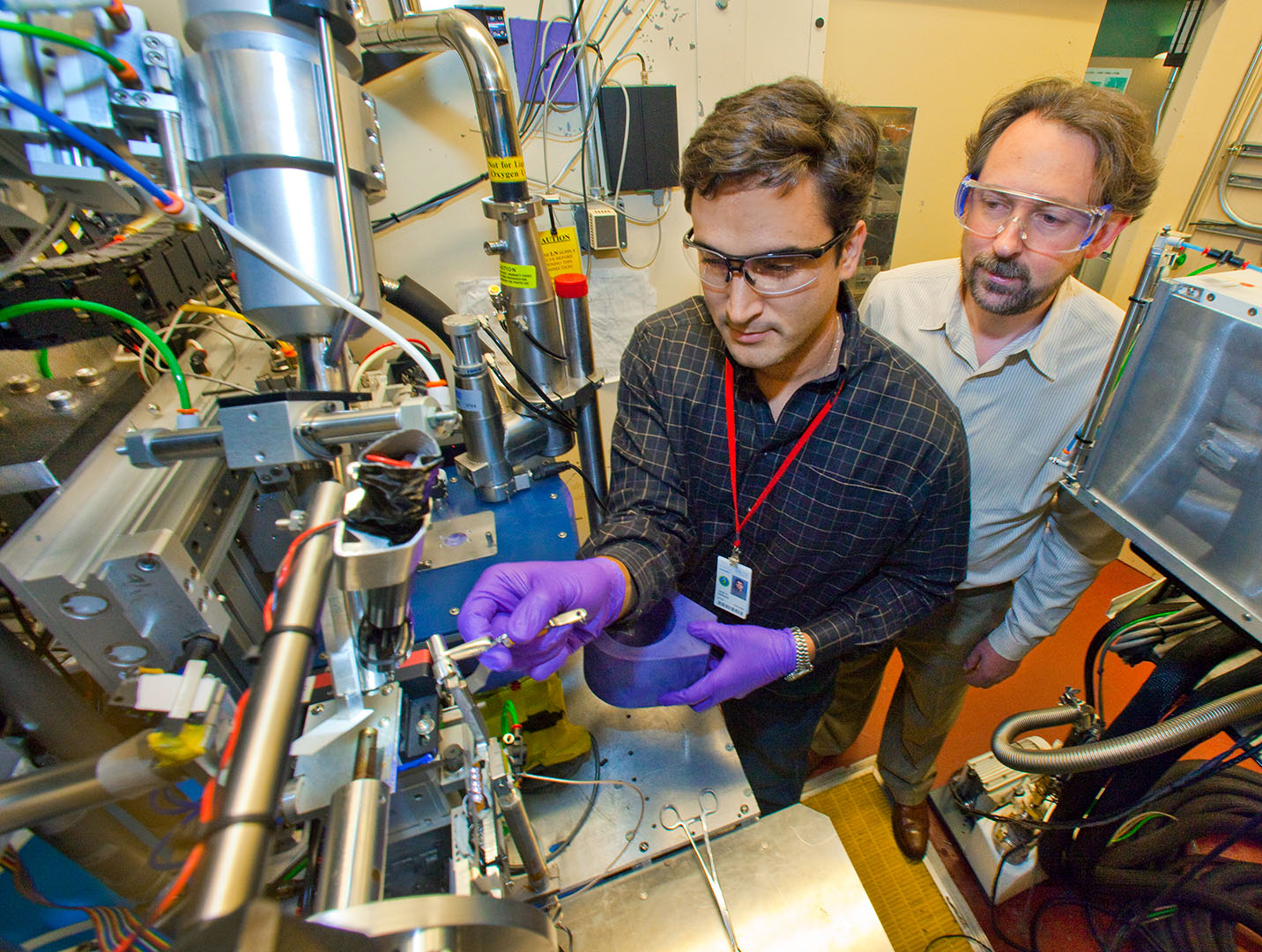
The CCI develops technology and software to improve the speed and ease of molecular structure solving using X-ray crystallography, neutron diffraction, and electron cryo-microscopy (cryo-EM) datasets.
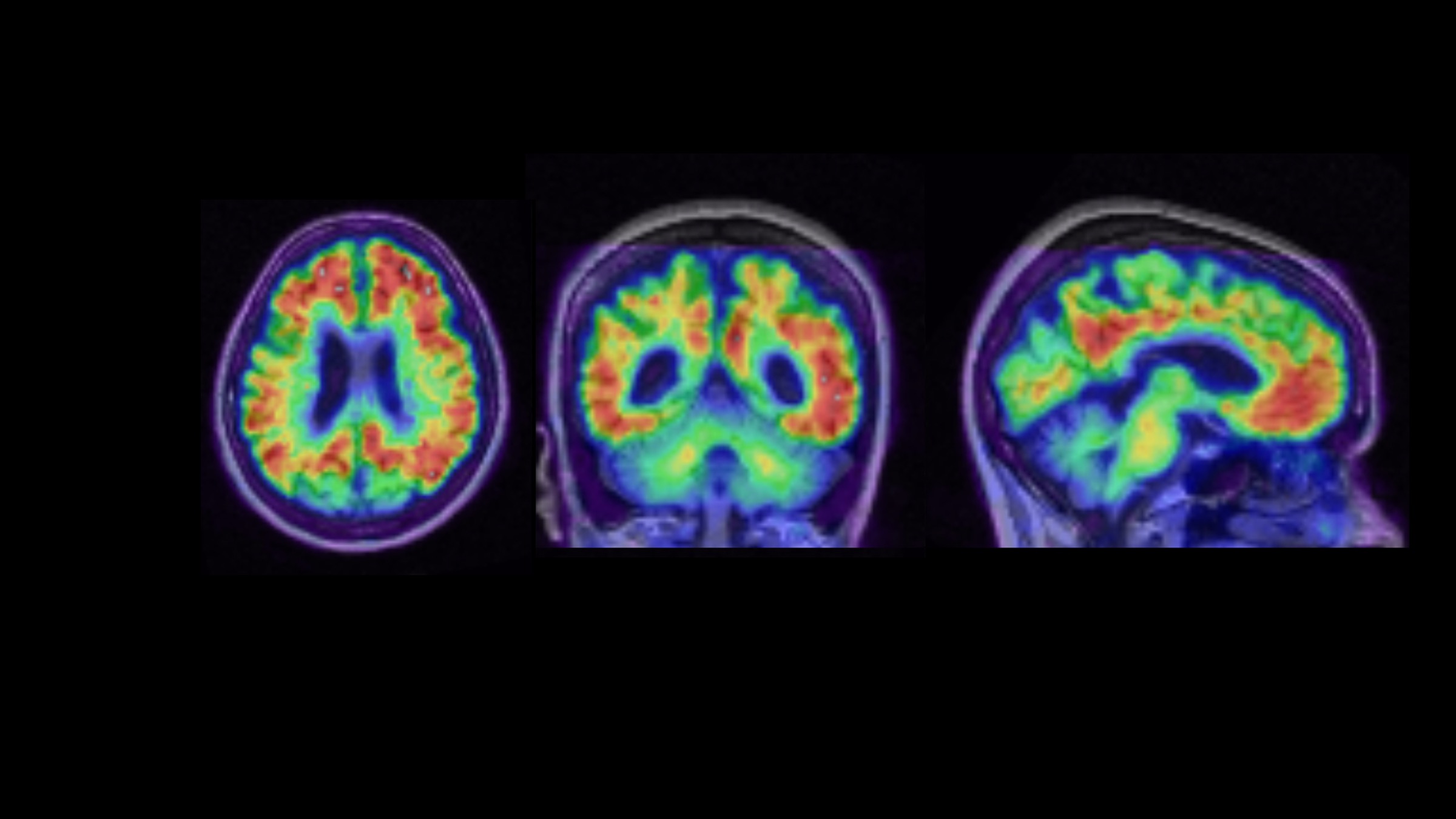
Studying normal brain aging processes and neurodegenerative disease pathology using positron emission tomography (PET), structural magnetic resonance imaging (MRI), functional magnetic resonance imaging (fMRI), neuropsychology, and cognitive neuroscience.
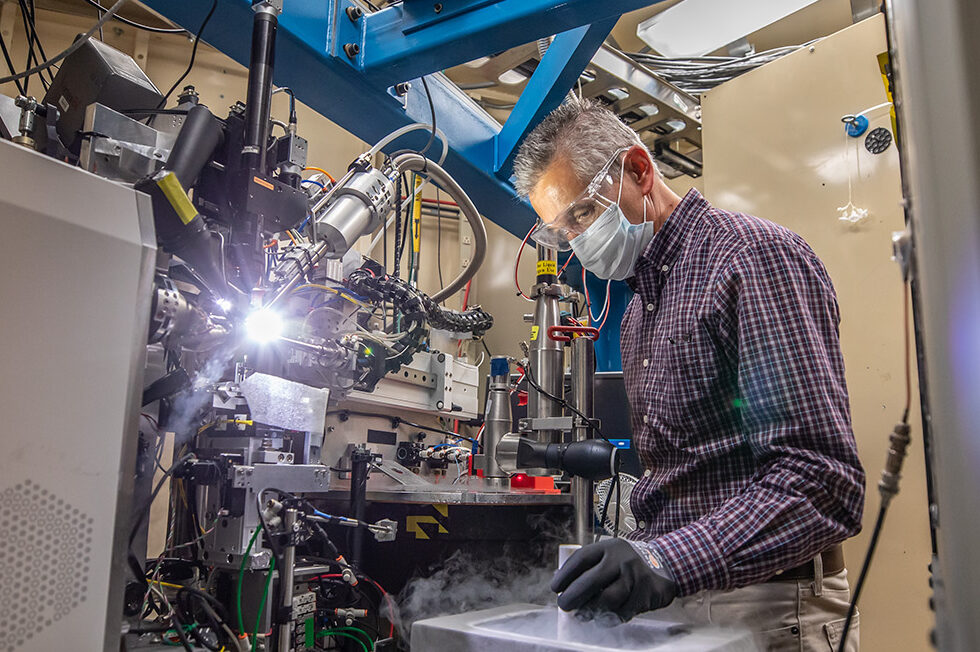
A collective of X-ray beamlines at the Advanced Light Source (ALS) that are dedicated to crystallography and small-angle scattering for cutting-edge structural biology investigations.
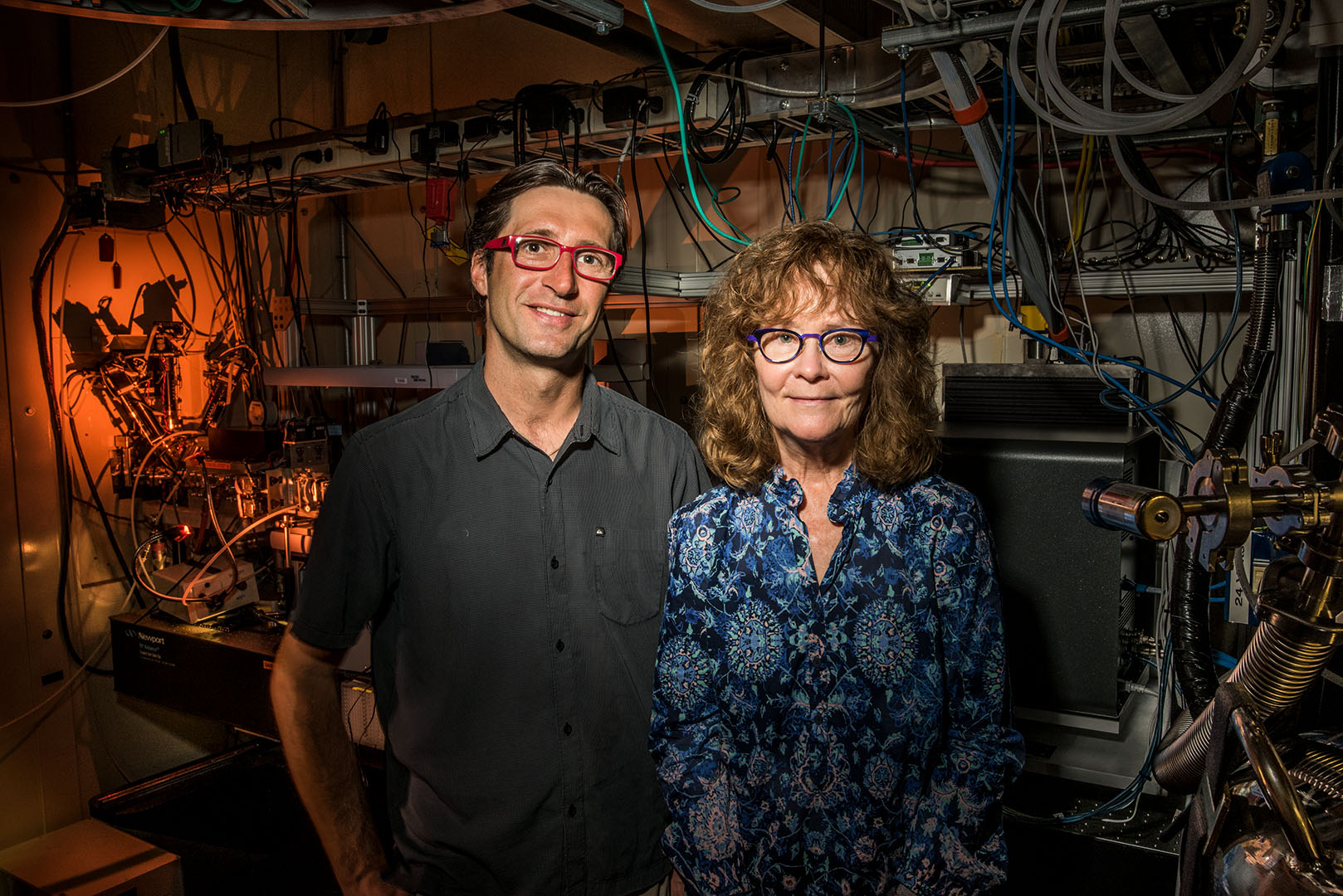
Our soft X-ray tomography capabilities generate detailed 3D maps of the structures inside cells, down to individual organelles.
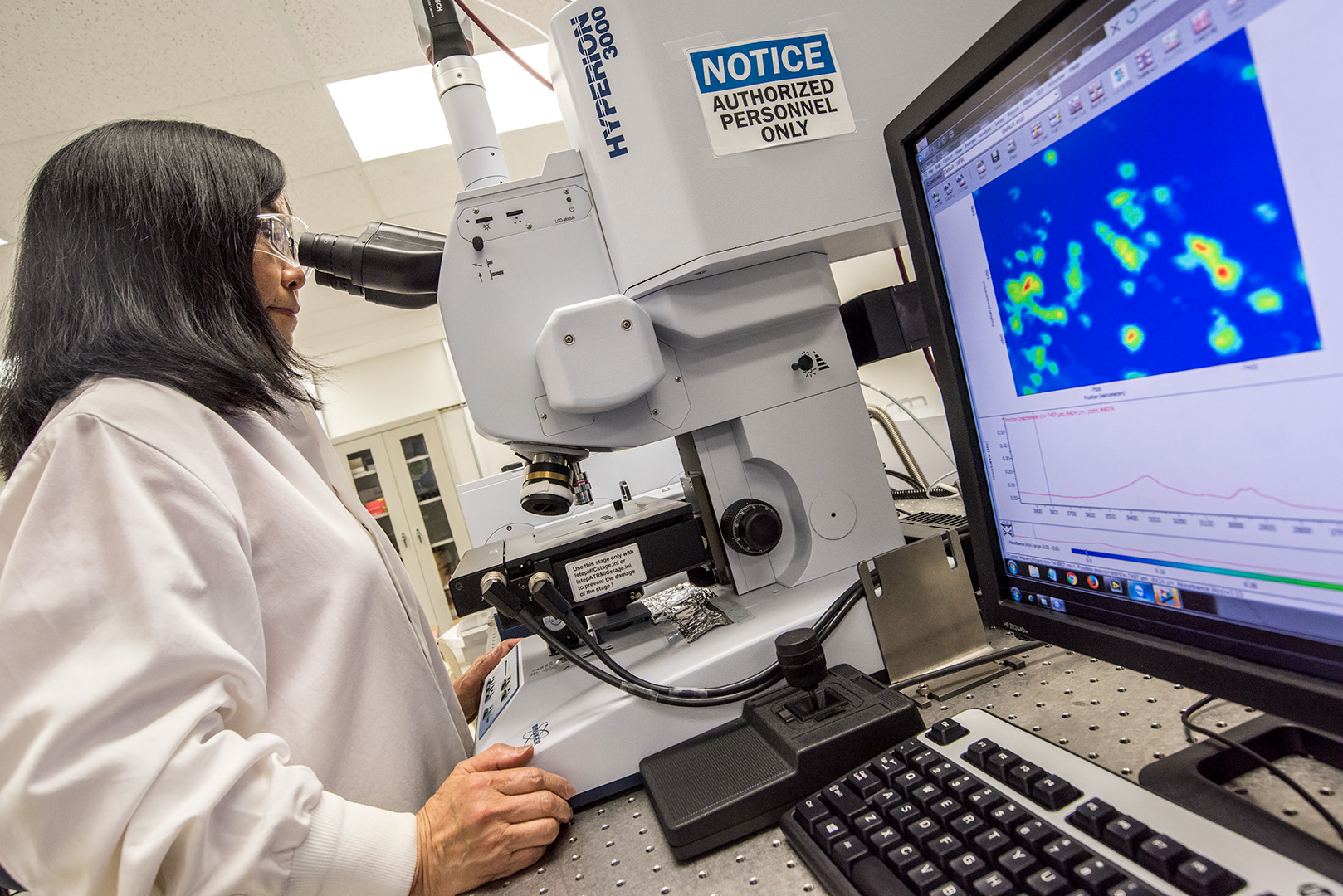
The BSISB program brings 10 years of experience in technology fusion to create and provide new methods that transform infrared spectral imaging, enabling biochemical and structural solutions on complex biological systems.
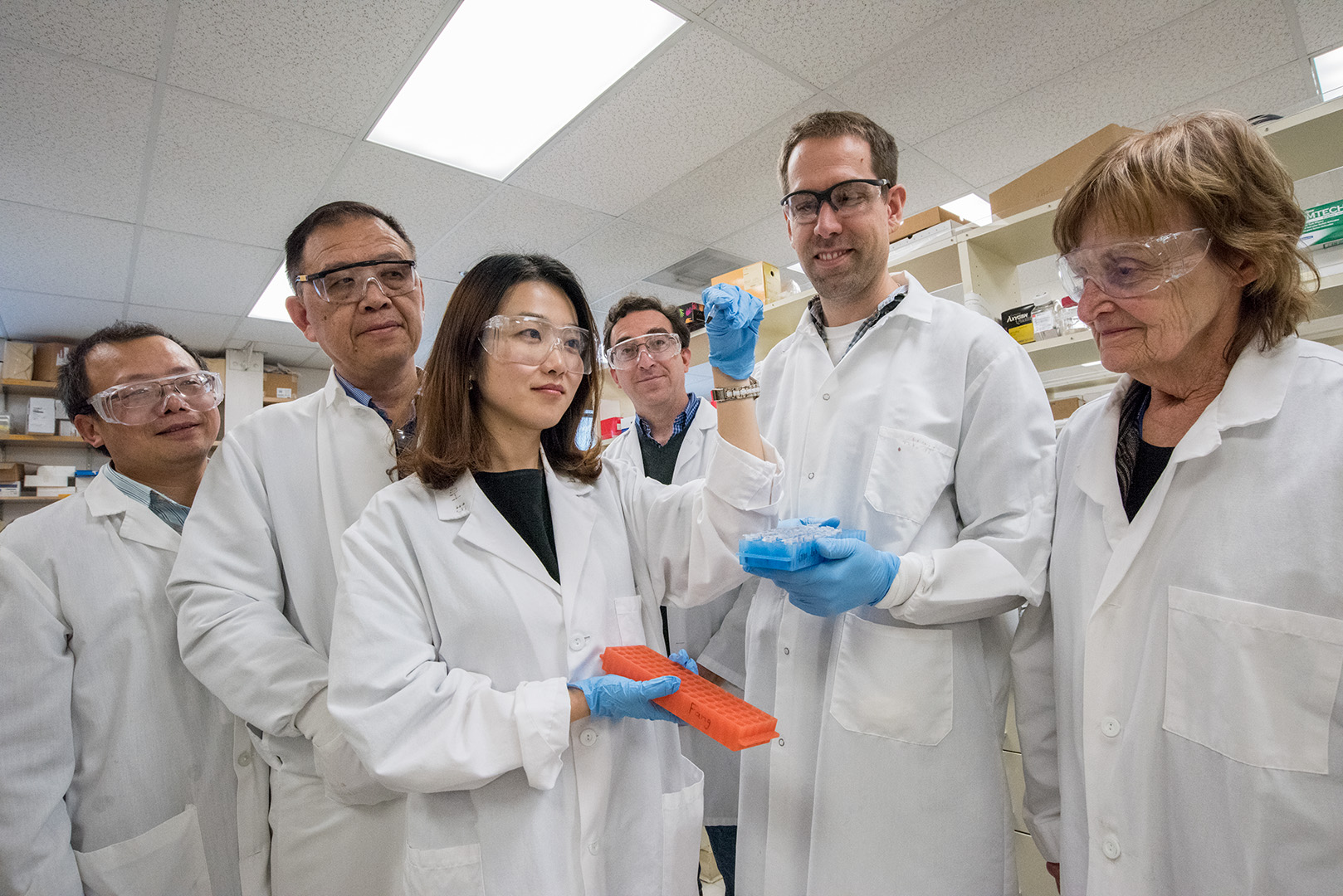
BBDS uses computational technology to facilitate and nurture data-intensive biomedical science focused on microbiomes and the genetic and environmental drivers of disease.
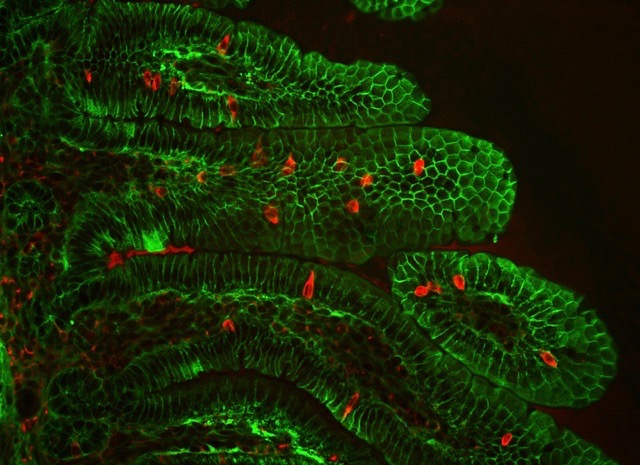
A research group studying DNA function within our genome and how it goes awry in human disease, with a focus on noncoding DNA and epigenomics.

This is a resource for public health professionals, building professionals, and others who seek scientific information about the effects of IAQ on people’s health or work performance.

Our researchers have more than 20 years of experience in the characterization of tobacco smoke residue and its consequences for indoor air quality and human health.
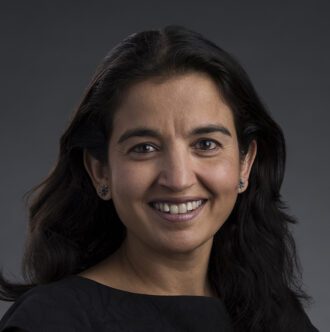
Harshini Mukundan holds dual roles as the chem-bio program lead at the Lab's Office of National and Homeland Security and scientist in the Biosciences Area. In her roles, Mukundan helps the Lab explore and take advantage of rapidly expanding opportunities in national security, and in engaging Berkeley Lab in health-related research and development as well.

Vivek Mutalik is a Staff Scientist at the Environmental Genomics and Systems Biology Division; the lead PI at DOE BRaVE Phage Foundry, and Investigator at ENIGMA Scientific Focus Area program. His research focuses on developing tools and technologies to study and engineer diverse bacteria, phages and their interactions.
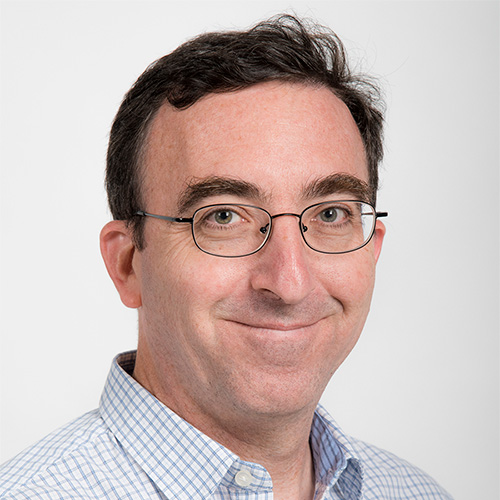
Hugo Destaillats is a senior scientist at the Indoor Environment Group in the Energy Analysis and Environmental Impacts Division. His research interests include environmental chemistry, indoor air quality, pathways of exposure to harmful contaminants, environmental application of remediation technologies, and more.
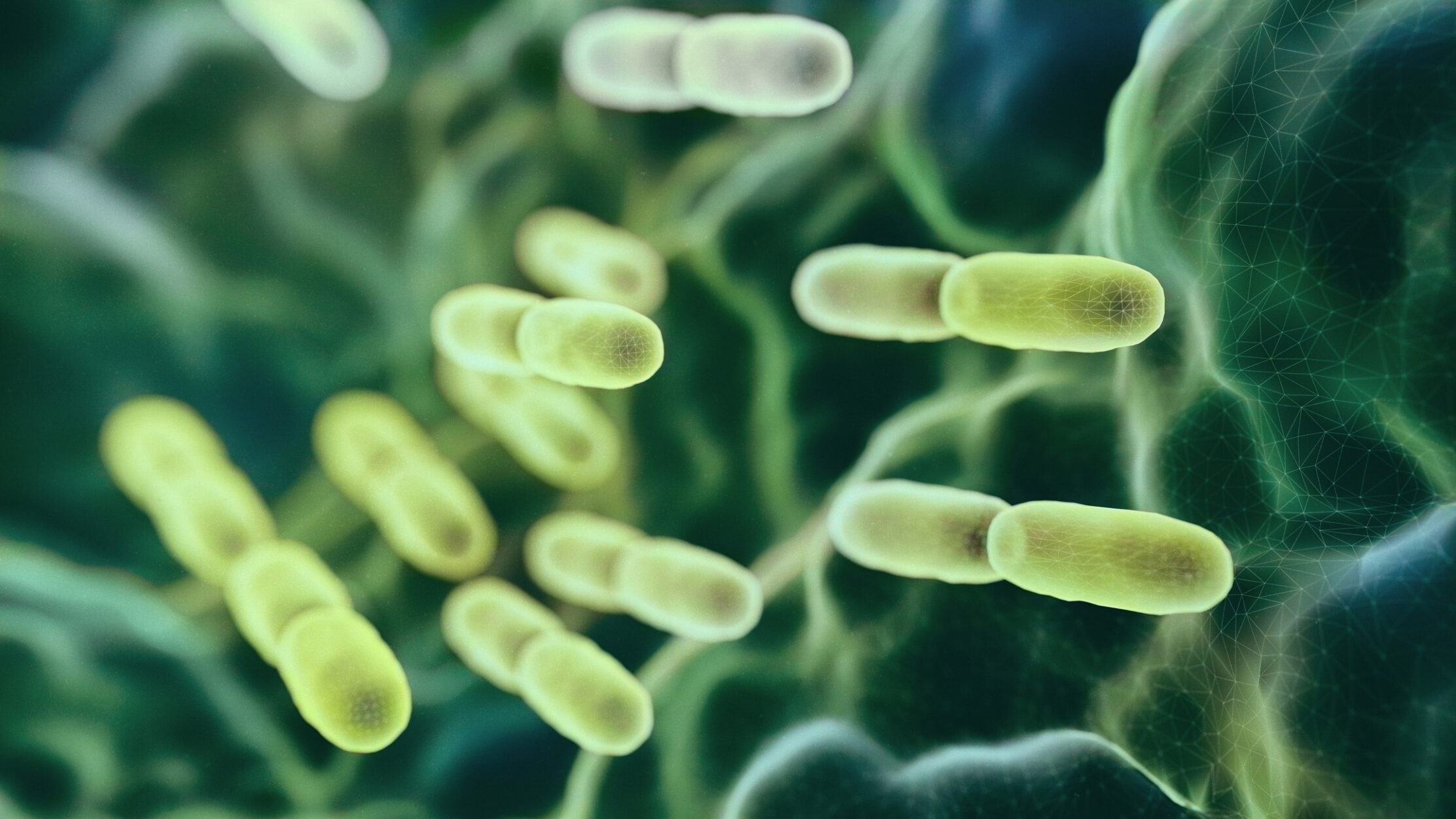
A new technique developed at Berkeley Lab will make it much easier for researchers to discover the traits or functions encoded by genes of unknown function in microbes, a key step toward understanding the roles and impact of individual species within the planet’s diverse microbiomes.
Natalia Molchanova, a scientific engineering associate at the Molecular Foundry, works on synthetically produced proteins called peptoids, which have advanced low-cost biotech solutions.
In this 11-minute audio interview, listen as Marc Allaire, head of the Berkeley Center for Structural Biology, discusses how Berkeley Lab’s Advanced Light Source can help make medical breakthroughs.

